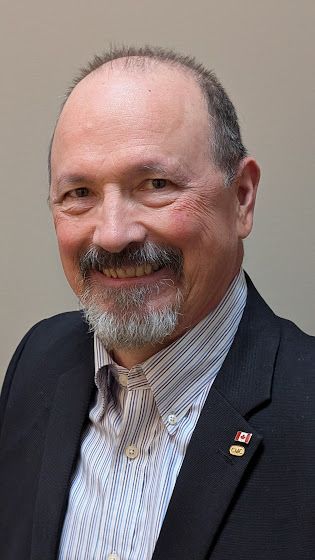We live in a time when change is no longer the exception—it is the constant backdrop to everything we do. The consulting profession is being reshaped at a rapid pace. Artificial intelligence is transforming the way we analyze data and provide insights. Digital transformation has moved from a long-term aspiration to an urgent necessity for every organization, regardless of size or sector. Clients are asking harder questions about value for money, measurable impact, and ethical practices. Add to that the uncertainty caused by shifting geopolitics, supply chain fragility, and climate change—and it’s clear that consultants are working in a state of disruption unlike anything we’ve seen before.
For consultants, this creates both opportunity and challenge. Opportunity, because organizations need trusted advisors more than ever to help them adapt and thrive. Challenge, because we ourselves must evolve—our methods, our tools, and even our mindset—to remain credible and relevant in this environment. A consultant who does not adapt risks becoming outdated or replaced by faster, cheaper, or automated alternatives.
One of the most significant risks to our profession is credibility. With low barriers to entry, anyone can call themselves a consultant. But clients are becoming more discerning. They want to know that the people they are bringing into their organizations can be trusted to deliver value with professionalism and integrity.
This is where standards matter.
ISO 20700 provides a global baseline for how management consulting services should be delivered. It sets expectations, ensures transparency, and helps consultants consistently deliver value. It’s a way to differentiate true professionals from the noise.
And this is also where the Certified Management Consultant (CMC) designation comes in. The CMC signals to clients that you operate with the highest professional standards and that you have been assessed by your peers as meeting the benchmark for excellence in consulting.
In an era of constant change, that assurance matters more than ever.
If you want to explore these dynamics of the profession of management consulting further and learn how ISO 20700 and the CMC designation can help us stay ahead, I invite you to join the upcoming CMC-Canada webinar. It’s a chance to step back, understand the forces reshaping our profession, and see how you can strengthen your credibility and value as a consultant.
Click here to register for the webinar through CMC-Canada.




